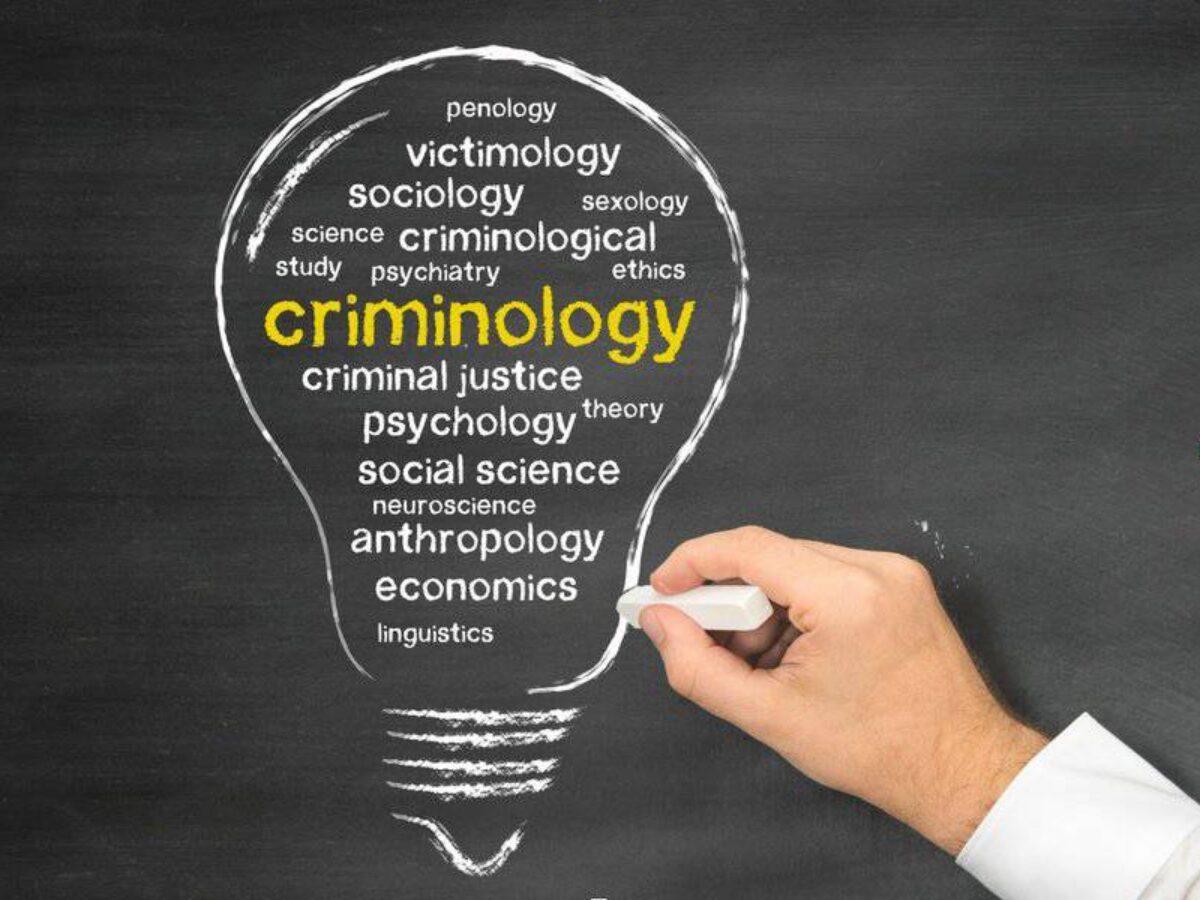Have you ever wondered what really goes on inside the mind of a criminal? How do psychologists and criminologists work together to unravel the mysteries behind criminal behavior? In today’s world, the age-old question of why people commit crimes is being explored from exciting new angles, thanks to the powerful synergy between psychology and criminology. Welcome to a journey into “,” where we’ll dive into the fascinating ways psychological science is transforming our understanding of crime, justice, and rehabilitation. Ready to peek behind the curtain of the criminal mind? Let’s get curious!
Table of Contents
- Understanding the Psychological Roots of Criminal Behavior
- The Role of Cognitive Biases in Criminal Investigations
- Applying Behavioral Insights to Reform Criminal Justice Systems
- Harnessing Psychology for Effective Crime Prevention Strategies
- In Summary
Understanding the Psychological Roots of Criminal Behavior
Delving into the innermost workings of the human mind reveals a complex tapestry of emotions, experiences, and impulses that can sometimes precipitate criminal conduct. Psychological theories suggest that behavior is shaped not only by genetic predispositions but also by environmental interactions and cognitive processes. Factors such as trauma, mental illness, and personality disorders often intertwine, influencing an individual’s choices and actions in profound ways. These elements create a unique psychological fingerprint that criminologists study to better predict and even prevent criminal acts.
In exploring this labyrinth, researchers emphasize several key psychological contributors:
- Early Childhood Experiences: Adverse environments can distort normal emotional development.
- Cognitive Distortions: Biases in thinking patterns often justify or minimize antisocial behavior.
- Impulse Control and Aggression: Deficits in self-regulation can lead to violent or risky actions.
- Social Learning: Behavior is often a learned response from observing role models or peers.
By understanding these psychological underpinnings, criminology transcends mere punishment, evolving into a discipline focused on rehabilitation, prevention, and the deep-rooted transformation of at-risk individuals.
The Role of Cognitive Biases in Criminal Investigations
Every investigator, no matter how experienced, is influenced by intrinsic cognitive shortcuts-mental filters that shape perception and judgment without conscious awareness. These cognitive biases can unwittingly steer the course of an investigation, sometimes leading to tunnel vision or premature conclusions. For example, confirmation bias compels detectives to favor evidence that supports their initial theory while dismissing contradictory information. Similarly, anchoring bias causes early pieces of information to disproportionately affect the direction of the inquiry, potentially obscuring alternative suspects or motives.
Recognizing these psychological pitfalls has pushed law enforcement agencies to rethink traditional methods and embrace more balanced investigative approaches. Techniques such as
- blind administration of lineups
- peer review of case files
- cross-examination of assumptions by diverse teams
all aim to minimize bias interference. By integrating a cognitive perspective, criminology not only heightens accuracy but also safeguards justice from the subtle distortions of the human mind.
Applying Behavioral Insights to Reform Criminal Justice Systems
Modern criminal justice systems are increasingly embracing the subtle power of behavioral insights to drive deeper, more impactful reforms. By understanding the cognitive biases, emotional triggers, and social influences that shape decision-making, policymakers and law enforcement professionals can craft interventions that are not only more humane but also more effective. Instead of relying solely on punitive measures, these psychologically informed approaches prioritize rehabilitation, risk assessment, and community reintegration-addressing the root causes of criminal behavior rather than just the symptoms.
Key strategies emerging from this paradigm shift include:
- Behaviorally-informed sentencing: Tailoring penalties based on psychological profiles to reduce recidivism.
- Enhanced jury decision-making: Utilizing insights into group dynamics and cognitive biases to promote fairer verdicts.
- Evidence-based rehabilitation programs: Designing therapy and support systems that align with how individuals genuinely respond to change.
- Improved communication techniques: Training officers in methods that de-escalate conflict and build trust with communities.
Harnessing Psychology for Effective Crime Prevention Strategies
Delving into the human psyche offers unparalleled insights that transform traditional crime prevention approaches. By understanding the motives, triggers, and emotional states that precede criminal behavior, psychologists and criminologists collaborate to craft interventions that go beyond mere punishment. This fusion of disciplines supports proactive strategies, such as cognitive-behavioral therapies and community-based programs, designed to redirect potential offenders towards healthier decision-making pathways. Emphasizing empathy and addressing underlying mental health issues proves instrumental in reducing recidivism and fostering societal rehabilitation.
Key psychological principles driving these innovative measures include:
- Behavioral conditioning: Harnessing reward and consequence frameworks to reshape thinking patterns.
- Risk assessment tools: Utilizing data-driven psychological profiling to identify high-risk individuals before crimes occur.
- Social learning theory: Encouraging positive role models to influence behavior within communities.
- Emotional regulation techniques: Helping potential offenders manage impulses and stress effectively.
In Summary
As we’ve seen, the intricate dance between psychology and criminology is not just fascinating-it’s essential. Unlocking the human mind helps us understand why crimes occur, and more importantly, how we can prevent them. From profiling to rehabilitation, the insights psychology offers continue to reshape the way we approach justice. So next time you hear about a criminal case, remember there’s a complex story unfolding beneath the surface-one where the mind holds many of the keys. Stay curious, because the more we explore this intersection, the closer we get to unlocking safer, more understanding communities.












